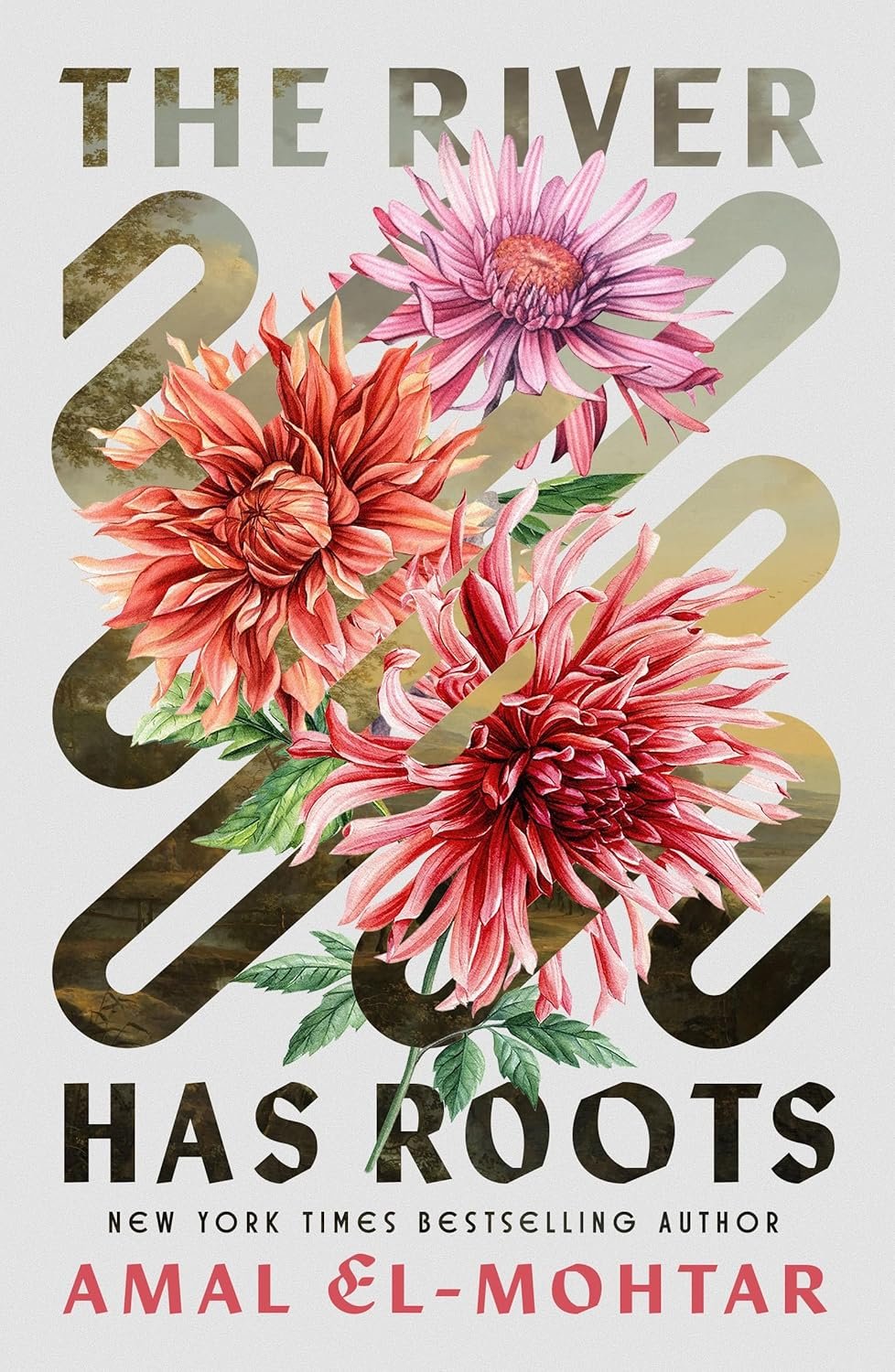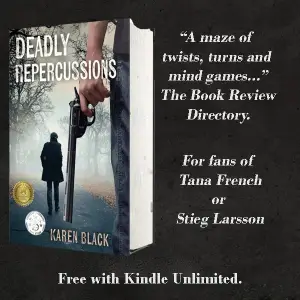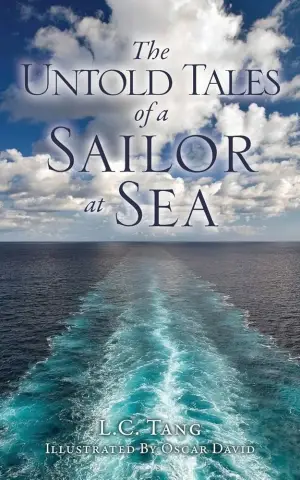The River Has Roots: A Lyrical, If Mysterious, Journey
When I first heard about The River Has Roots by Amanda R. Dyer, I was immediately drawn in by its poetic premise—a tale combining magic, sisterhood, and the inevitable clash between love and societal expectations. With Dyer’s previous work, How to Lose the Time War, having received such acclaim, I couldn’t help but be intrigued by this lyrical folk fairytale novella. But as I ventured into the story, I found myself swimming between the beautiful prose and the murky depths of its narrative.
At the heart of the novella are sisters Esther and Ysabel, who reside by a river that flows between their world and the enchanting yet treacherous realm of Faerie. The themes of love and sacrifice intertwine with gorgeous imagery, evoking thoughts on the very nature of relationships. Esther’s tumultuous emotions over her Faerie love interest, juxtaposed with her unwavering bond with Ysabel, are compelling but also leave a lingering feeling of disorientation. I genuinely felt for Ysabel, who serves as the cautious protector, unsure of what these relationships mean for her sister and their family.
Dyer’s writing style is undoubtedly a highlight; it’s full of lyrical beauty that entices with every turn of phrase. Quotations like, “What is a river but an open throat; what is water but a voice?” linger in your mind like a haunting melody. However, this beauty comes at a cost. The storytelling often dances around its core plot rather than advancing it, leaving readers grappling with many unanswered questions. The pacing felt sluggish at times, stretching moments to the point where I was left wondering what the narrative’s true direction was. Instead of clarity, I found myself in a wordy maze, which can be both enchanting and, at times, frustrating.
Listening to the audiobook added a unique texture to my experience. The intertwining sounds of thunderstorms and rain created an immersive atmosphere that matched the story’s dreamy quality. Yet, as much as I appreciated the artistry in Dyer’s writing and the audiobook production, I couldn’t shake the feeling of wanting more depth and engagement with the characters and world-building. It almost felt like a beautiful painting that, while striking, lacks a certain detail that makes it memorable.
In closing, while The River Has Roots offers a refreshing take on fantasy and word play, it might not fully resonate with those who seek intricately developed characters and substantive plots. It’s a lovely exploration of language and feminism, and for those who cherish the beauty of writing for writing’s sake, this may very well be a delightful read. Personally, while the experience was pleasant, it left me yearning for a greater connection to its narrative. If you love poetic storytelling and appreciate the artistry of wordplay, dive into this river—but be prepared for a winding flow.
[ad_2]







